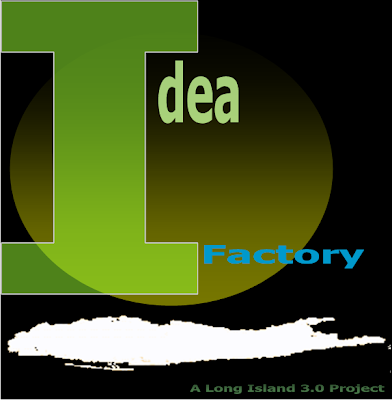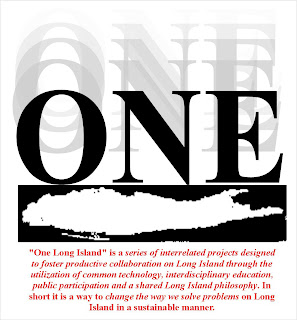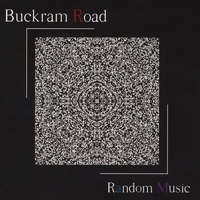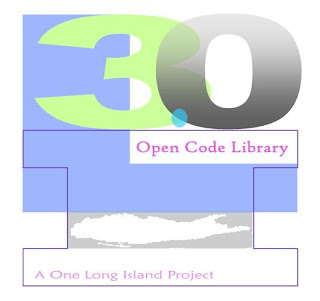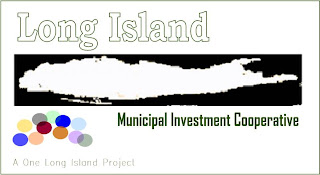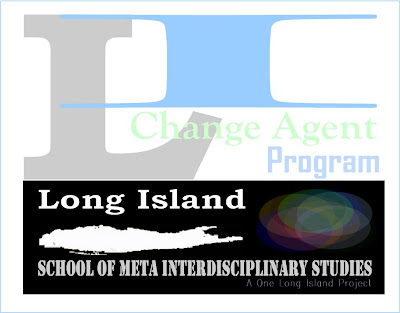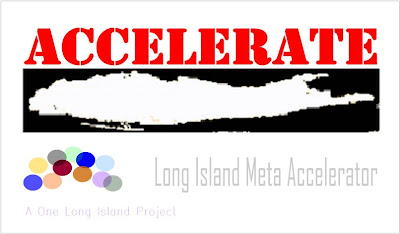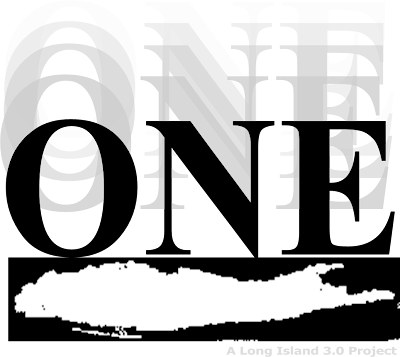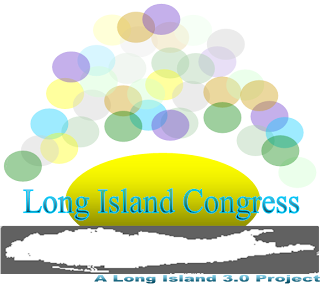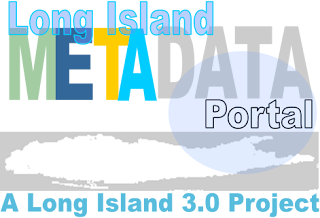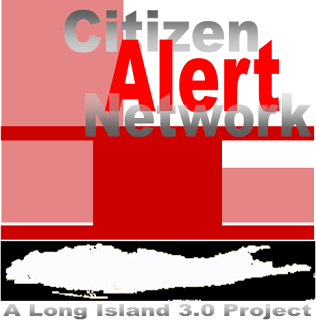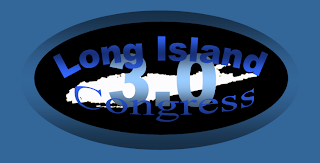
I've been reading with great interest all the new focus on "green" energy and its possible positive impact on the Long Island economy.
"The Green Guide" and "Long Island's Next Big Thing" among others are great additions to the cause and are doing splendid work in highlighting the issues and attempting to take a comprehensive approach to energy production on Long Island.
I would suggest all involved consider a Long Island "Green" Business Accelerator model along the lines of the Port of Technology in Philadelphia and other business "accelerator" models we've discussed in previous posts over the past year. Here is another example of an "alternative energy accelerator" in Michigan.
I've had some very preliminary talks with some folks out at Stony Brook (a natural location given their new alternative energy center) and other folks in the industry who feel the idea has merit and some potential.
Of course there may be multiple "accelerators" so long as they work collaboratively (this is the meta acceleration we spoke about previously) and for a common purpose. There should also be "cross pollination" of ideas and business among and between accelerators engaged in green energy and accelerators and incubators engaged in different but potentially mutually helpful work.
Depending on governmental resources to launch this initiative into high gear is, perhaps, dooming it to at best mediocrity. Again, it must be a "dynamic" process, not the stagnant "static" process which has formed so much of our current policy.
We need all the resources at our disposal to create a "green" Long Island.
